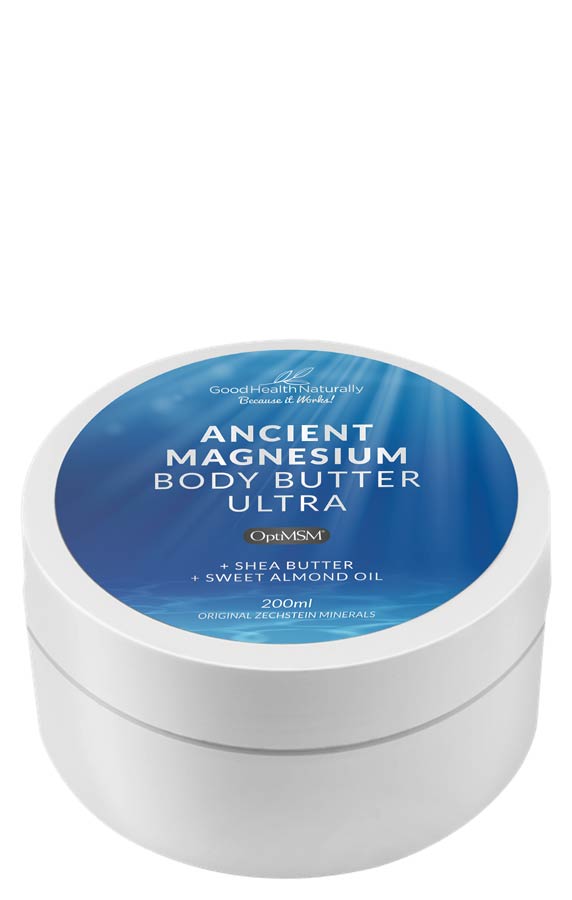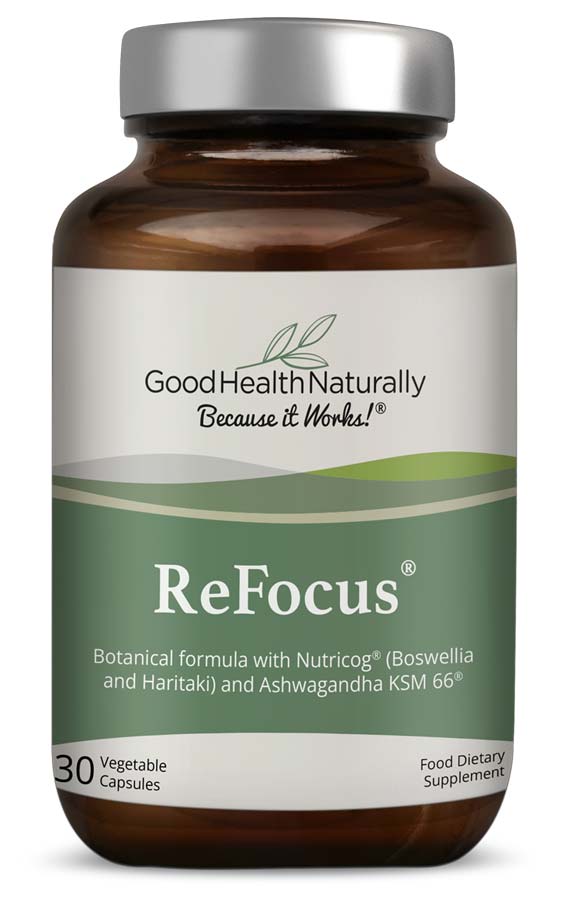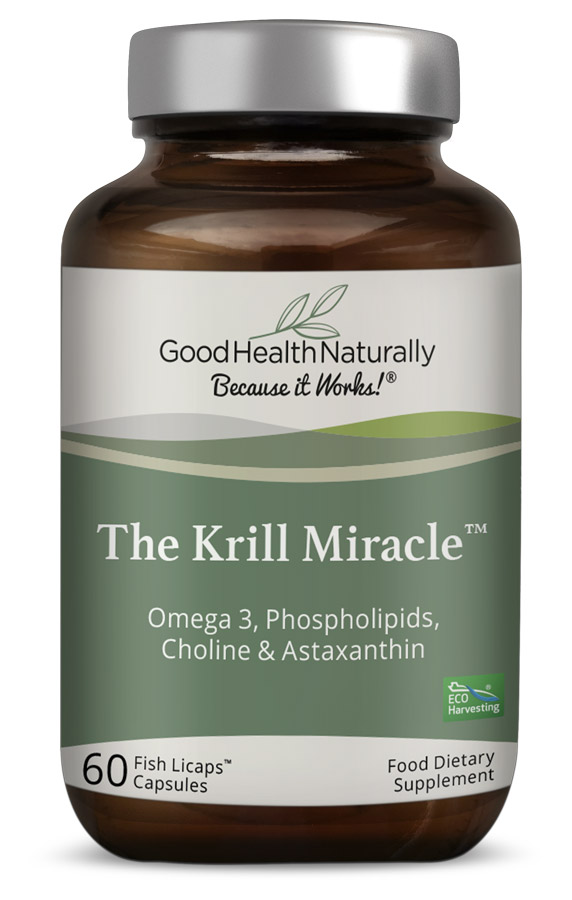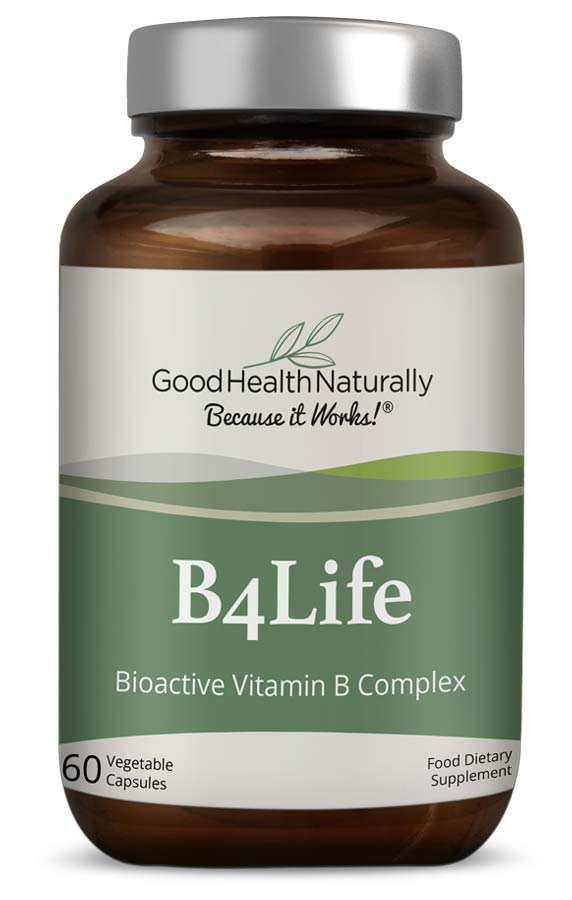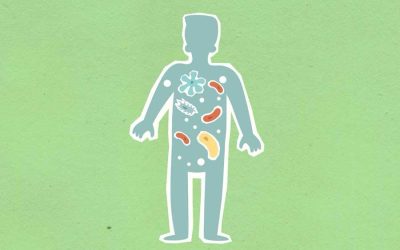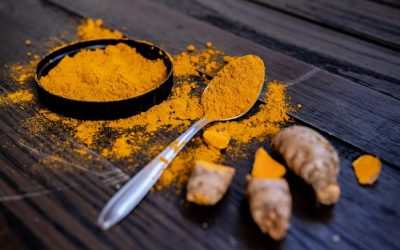Here are seven innovative and research-backed strategies to uplift your spirits and help you navigate Blue Monday with resilience and positivity.
1. Blue Monday Tip: Take the Plunge with Cold Water Therapy
Cold water immersion, including cold showers or outdoor swimming, has gained significant attention for its mood-boosting benefits. Studies suggest that exposure to cold water can increase the production of endorphins, your body’s natural “feel-good” hormones. Additionally, cold water immersion activates the sympathetic nervous system and boosts norepinephrine levels, which is associated with improved focus and reduced depression.
If cold water swimming feels daunting, start with a cold shower or splash your face with cold water. Gradual exposure can help your body adapt, making it easier to embrace the chill over time.
2. Blue Monday Mood Booster: Magnesium and B Vitamins
Magnesium and B vitamins play pivotal roles in brain function and mood regulation. Magnesium helps reduce stress and anxiety by regulating the hypothalamic-pituitary-adrenal (HPA) axis, while B vitamins, particularly B6, B9 (folate), and B12, are essential for producing neurotransmitters like serotonin and dopamine. Deficiencies in either can exacerbate feelings of fatigue and low mood.
How to incorporate them:
- Magnesium: Enjoy leafy greens, nuts, seeds, and whole grains, or try topical options like magnesium oil or body butter.
- B Vitamins: Incorporate eggs, legumes, whole grains and leafy greens into your diet or opt for a B-complex supplement with comprehensive support.
3. Blue Monday Tips for Natural Light Exposure
Short days and limited sunlight during January can disrupt your circadian rhythm and lead to Seasonal Affective Disorder (SAD). Natural light exposure, especially in the morning, helps regulate your body’s production of serotonin and melatonin, both of which affect mood and sleep.
Practical tips:
- Spend at least 20 minutes outdoors every morning, even if it’s cloudy.
- Use a light therapy box that mimics natural daylight for an indoor boost.
- Place your workspace near a window to maximise natural light.
4. Support Your Gut for Better Mental Health
The gut-brain axis plays a crucial role in mood regulation. Approximately 90% of serotonin is produced in the gut, making a healthy microbiome essential for emotional well-being. Incorporating fermented foods, prebiotics, and soil-based probiotics can help balance gut bacteria and support mental health.
Gut-friendly foods to try:
- Yoghurt and kefir
- Kimchi, sauerkraut, and miso
- Bananas, garlic, and onions for prebiotic fibres
5. Move Your Body with Purpose
Exercise is a well-known mood booster, but it doesn’t have to be conventional to be effective. Dancing, yoga, or even a brisk walk in nature can elevate your endorphins and combat feelings of lethargy.
Blue Monday tip: Try yoga poses like the “child’s pose” or “legs-up-the-wall pose” to activate the parasympathetic nervous system and reduce stress.
6. Harness the Power of Adaptogens and Omega-3s
Adaptogenic herbs like ashwagandha and rhodiola rosea can help the body adapt to stress and support mental well-being. Meanwhile, omega-3 fatty acids, particularly EPA and DHA, are essential for brain health and can reduce symptoms of depression.
How to incorporate them:
- Brew adaptogenic teas or take supplements.
- Include fatty fish like salmon, mackerel, and sardines in your diet, or opt for krill oil or algae-based omega-3 supplements.
7. Practice Gratitude and Mindfulness
Gratitude practices and mindfulness techniques can shift your mindset from focusing on what’s missing to appreciating what’s present. Journaling about positive experiences or setting intentions for the day can help create a sense of purpose and optimism.
Try this prompt: Write down three things you’re grateful for and one goal to accomplish each day.
Mindful breathing techniques, like box breathing (“inhale for 4, hold for 4, exhale for 4, hold for 4”), can also reduce stress and anchor you to the present moment.
Final Thoughts
Blue Monday doesn’t have to be a day of despair. By embracing these seven natural strategies, you can support your mood and mental well-being, not just on this day but throughout the year. Whether it’s plunging into cold water, prioritising gut health, or practising gratitude, small changes can make a significant impact on your emotional resilience.
Remember, if feelings of sadness or depression persist, it’s essential to seek professional support. Mental health is just as important as physical health, and help is always available.


